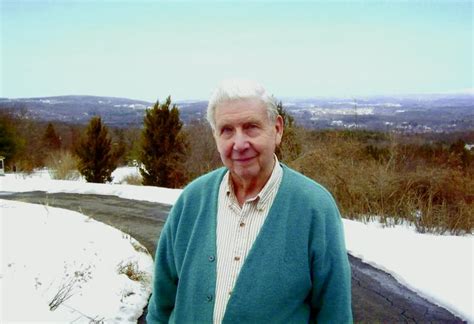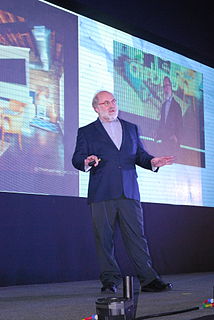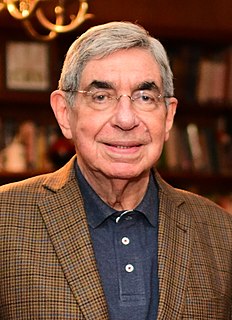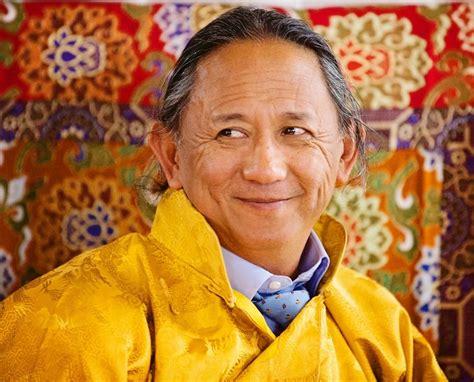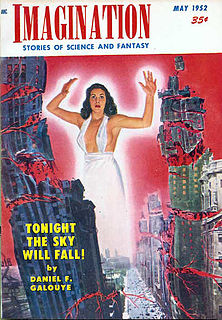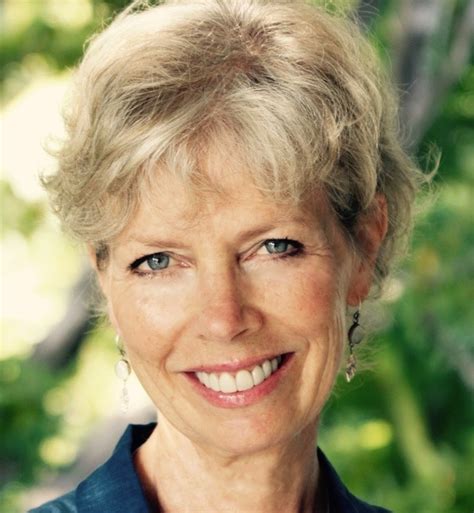A Quote by Joseph Girzone
One of the problems we have is that we cannot just be content to admire and enjoy, we have to possess and feel we own what we see. That can become for many of us an addiction which adds a complication to our life and takes away our peace of mind. Craving things becomes after a while a serious distraction and an obsession.
Related Quotes
We exist only by virtue of what we possess, we possess only what is really present to us, and many of our memories, our moods, our ideas sail away on a voyage of their own until they are lost to sight! Then we can no longer take them into account in the total which is our personality. But they know of secret paths by which to return to us.
Death is nothing to us: for after our bodies have been dissolved by death they are without sensation, and that which lacks sensation is nothing to us. And therefore a right understanding of death makes mortality enjoyable, not because it adds to an infinite span of time, but because it takes away the craving for immortality.
If it is written and read with serious attention, a novel, like a myth or any great work of art, can become an initiation that helps us to make a painful rite of passage from one phase of life, one state of mind, to another. A novel, like a myth, teaches us to see the world differently; it shows us how to look into our own hearts and to see our world from a perspective that goes beyond our own self-interest.
When we invite the Holy Ghost to fill our minds with light and knowledge, He "quickens" us, that is to say, enlightens and enlivens the inner man or woman. As a result we notice a measurable difference in our soul. We feel strengthened, filled with peace and joy. We possess spiritual energy and enthusiasm, both of which enhance our natural abilities. We can accomplish more than we otherwise could do on our own. We yearn to become a holier person.
Solving problems is fine, but it has gotten to the point of being a global obsession. We somehow have it in our heads that if we solve all of the problems, we can sit back and enjoy the easy life. But in reality, we become lazy and complacent. And that's when we get flooded with even bigger problems.
I am fond of reminding my yoga students of the saying "It takes one to know one" when they become lost I condemnation and judgment of others. The world that we perceive is a reflection of our own states of mind and reveals our own level of consciousness. The world is little more than a Rorschach blot in which we see our own desire systems projected. We see what we want to see. (116)
Peace is a never-ending process, the work of many decisions by many people in many countries. It is an attitude, a way of life, a way of solving problems and resolving conflicts. It cannot be forced on the smallest nation or enforced by the largest. It cannot ignore our differences or overlook our common interests. It requires us to work and live together.
Imagine craving absolutely nothing from the world. Imagine cutting the invisible strings that so painfully bind us: what would that be like? Imagine the freedoms that come from the ability to enjoy things without having to acquire them, own them, possess them. Try to envision a relationship based on acceptance and genuine care rather than expectation. Imagine feeling completely satisfied and content with your life just as it is. Who wouldn't want this? This is the enjoyment of non-attachment.
Social media puts us inside our phones and our computers and our headphones, and we're not connecting so much with our outside environment. Even when people go to the Grand Canyon they're more concerned about the selfies than actually looking at the canyon. I see it with my own kids - the addiction to needing things fast, never pausing to just see what's around us and connect with our fellow human beings in real time.
Our problem is not that we're fallen; our problem is we haven't become human yet. The question is, what can make us human, so that we can give life away and give love away and not be grasping after trying to protect our own lives all the time? That's the way I see the Jesus story, and I think it's a powerful and profound story.
One thing we've learned this summer is that a house is not an end in itself, any more than "home" is just one geographic location where things feel safe and familiar. Home can be anyplace in which we create our own sense of rest and peace as we tend to the spaces in which we eat and sleep and play. It is a place that we create and re-create in every moment, at every stage of our lives, a place where the plain and common becomes cherished and the ordinary becomes sacred.
